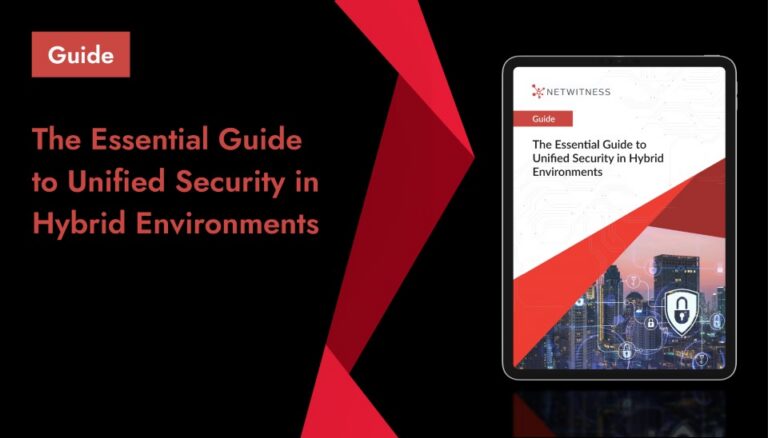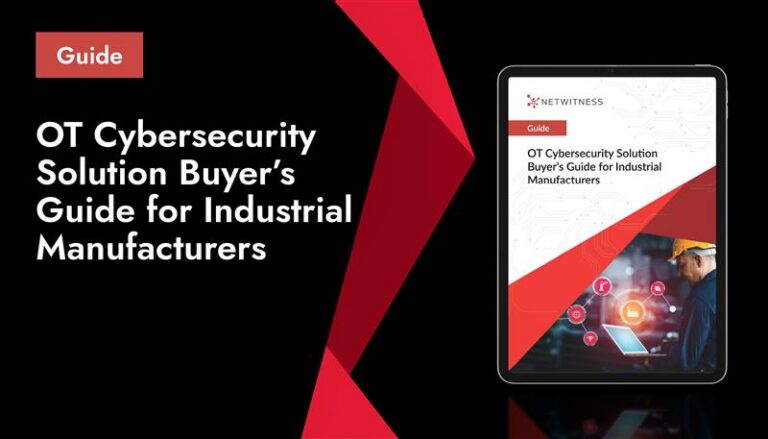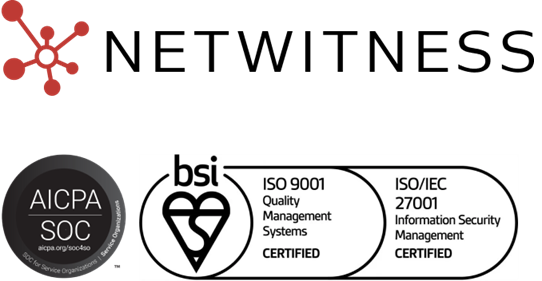What is Enterprise Data Security?
Enterprise Data Security refers to the policies, technologies, and strategies organizations use to protect sensitive information across their IT environments. As data becomes the lifeblood of modern enterprises, securing it from unauthorized access, leaks, and cyber threats has never been more critical.
At its core, enterprise data security ensures that your organization can secure enterprise data whether it resides on-premises, in the cloud, or across hybrid infrastructures. It’s not just about technology, it’s about safeguarding trust, reputation, and operational continuity.
Enterprise data security is a framework that combines enterprise data protection, data security architecture, and enterprise cyber security principles to defend business information against internal and external threats.
This framework includes policies for data protection, tools for encryption, identity management, access control, and real-time threat detection.
Unlike basic data protection, enterprise data security is built for scale – it protects large volumes of data across enterprise data centers, cloud platforms, and distributed networks. Modern enterprise data security solutions are also designed to integrate with enterprise data security software and platforms that continuously monitor, detect, and mitigate risks.
Synonyms
- Enterprise Security
- Enterprise IT Security
- Enterprise Digital Safety
- Enterprise Data Protection
- Enterprise Information Security
- Enterprise Information Assurance
Why Enterprise Data Security Matters
Data is an organization’s most valuable asset and its most targeted one. Without strong enterprise data security measures, even a single breach can lead to loss of customer trust, compliance penalties, and revenue damage.
Here’s why enterprise data security is non-negotiable:
- Safeguards Confidential Information – Protects sensitive customer, employee, and financial data.
- Ensure Business Continuity – Prevents data breaches that could halt operations or damage systems.
- Supports Compliance – Meets regulatory standards such as GDPR, HIPAA, or ISO 27001.
- Reduces Cyber Risks – Detects and neutralizes cyberattacks before they escalate.
- Builds Stakeholder Confidence – Reinforces the organization’s commitment to secure data handling.
Ultimately, enterprise data security isn’t a one-time investment, it’s an ongoing strategy that strengthens your overall enterprise security posture.
How Enterprise Data Security Works
A robust enterprise data security architecture combines several layers of defense designed to protect enterprise data from threats at every stage of its lifecycle:
- Data Classification and Governance – Identifying what data needs protection and defining access levels.
- Access Control and Authentication – Using role-based or identity-based access controls to ensure only authorized users can access sensitive systems.
- Encryption and Tokenization – Encoding data in storage and in transit to prevent unauthorized access.
- Monitoring and Detection – Leveraging enterprise data security platforms to monitor data flows and detect anomalies in real time.
- Incident Response – Enabling fast detection, containment, and recovery from data breaches or leaks.
These functions work together within the larger context of enterprise IT security and enterprise network security solutions, ensuring that data remains confidential, integral, and available across distributed environments.
Best Practices to Strengthen Enterprise Data Security
Building a strong enterprise data security program requires a blend of technology, process, and culture. Here are key practices organizations should follow:
- Develop a Clear Policy Framework – Define policies for access, sharing, retention, and deletion of data.
- Adopt Zero Trust Principles – Assume no user or system is trustworthy by default, even within your own network.
- Use Multi-Layered Defense – Combine endpoint protection, enterprise network security, and encryption tools.
- Leverage Automation – Deploy enterprise data security software that uses AI to detect threats faster.
- Train Employees Regularly – Security awareness is essential to prevent human error-related breaches.
- Continuously Assess Risks – Regular audits and penetration testing help uncover new vulnerabilities.
When implemented effectively, these best practices not only secure enterprise data but also improve visibility, resilience, and compliance across your entire digital ecosystem.
NetWitness Connection
NetWitness empowers enterprises to protect their data with advanced enterprise data security solutions that integrate across SIEM, NDR, EDR, and SOAR platforms.
By combining deep network visibility, intelligent analytics, and automated detection, NetWitness helps organizations secure enterprise data across hybrid environments – from the enterprise data center to the cloud.
Explore how NetWitness can enhance your enterprise data protection and strengthen your enterprise cyber security posture.
Related Terms & Synonyms
- Enterprise Security: A broad term that covers all strategies, tools, and frameworks used to protect an organization’s digital assets, systems, and users.
- Enterprise IT Security: Focuses on safeguarding IT infrastructure, including servers, endpoints, and networks, from cyber threats.
- Enterprise Digital Safety: Emphasizes maintaining a secure digital environment where enterprise data and applications remain protected from unauthorized access.
- Enterprise Data Protection: Refers to the policies and technologies used to ensure that enterprise data remains confidential, integral, and available.
- Enterprise Information Security: The discipline of protecting organizational data and information systems from breaches, leaks, or corruption.
- Enterprise Information Assurance: Involves verifying that data security controls, governance, and processes are reliable and continuously enforced to reduce risks.
People Also Ask
1. What is EDP?
EDP stands for Enterprise Data Protection, a component of enterprise data security that focuses on protecting business-critical information from unauthorized access or loss.
2. What is data security?
Data Security involves protecting digital data from corruption, unauthorized access, or theft throughout its lifecycle – a fundamental goal of enterprise data security solutions.
3. What is enterprise security?
Enterprise Security refers to the strategies and technologies organizations use to protect their networks, systems, and data from cyber threats. It’s the foundation for enterprise information security and data protection.
4. Why is data security important?
Data security prevents data breaches, financial loss, and reputational damage. It’s essential for compliance and maintaining customer trust in your brand.
5. What is enterprise data?
Enterprise Data includes all the information generated, stored, and managed within an organization – from financial records to customer details and intellectual property.
6. What are the objectives of securing data?
The primary goals are confidentiality, integrity, and availability, ensuring that only authorized users can access data, that data remains accurate, and that it’s accessible when needed.




